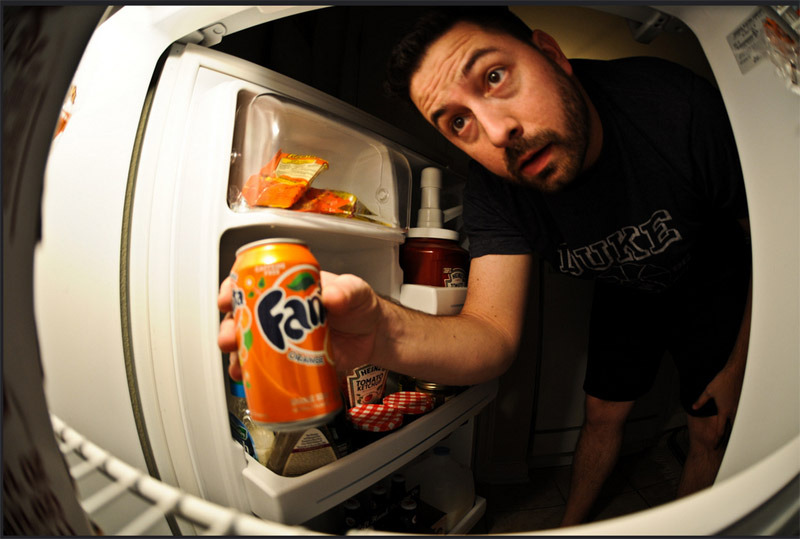Reconsider Keeping A Second Refrigerator In Your Garage
The second-fridge phenomenon might be unfamiliar to you, but in a Washington Post article denouncing the practice, we learned that in the Midwest, up to 30% of families keep a spare fridge. They tend to correlate with larger homes, which makes sense: plenty of extra space in the basement or garage means plenty of extra space for spare appliances. There was inexplicable increase in second fridges from 1997 to 2009.
There are two main problems with second-fridge energy usage. Usually, it’s your old refrigerator that gets demoted to second-fridge status. These are usually older, or at least old enough to be retired. Yet new rules for appliance energy consumption and general strides in refrigerator technology mean that the new refrigerator is probably much more efficient than its replacement.
The other problem is that second fridges usually end up in the garage, which isn’t climate-controlled as well as the kitchen. That works out in your favor in the winter, but not so much during the summer, or if you live in a temperate climate. Refrigerators and freezers keep things cold better when they’re packed full, and rarely opening that second fridge doesn’t balance out the amount of electricity that it uses when there’s only a box of wine inside.
You could keep the second fridge and simply unplug it during the off-season when you don’t have 25 relatives coming over for dinner.
Why it’s not okay to have a second refrigerator [Wonkblog/The Washington Post]
Want more consumer news? Visit our parent organization, Consumer Reports, for the latest on scams, recalls, and other consumer issues.


